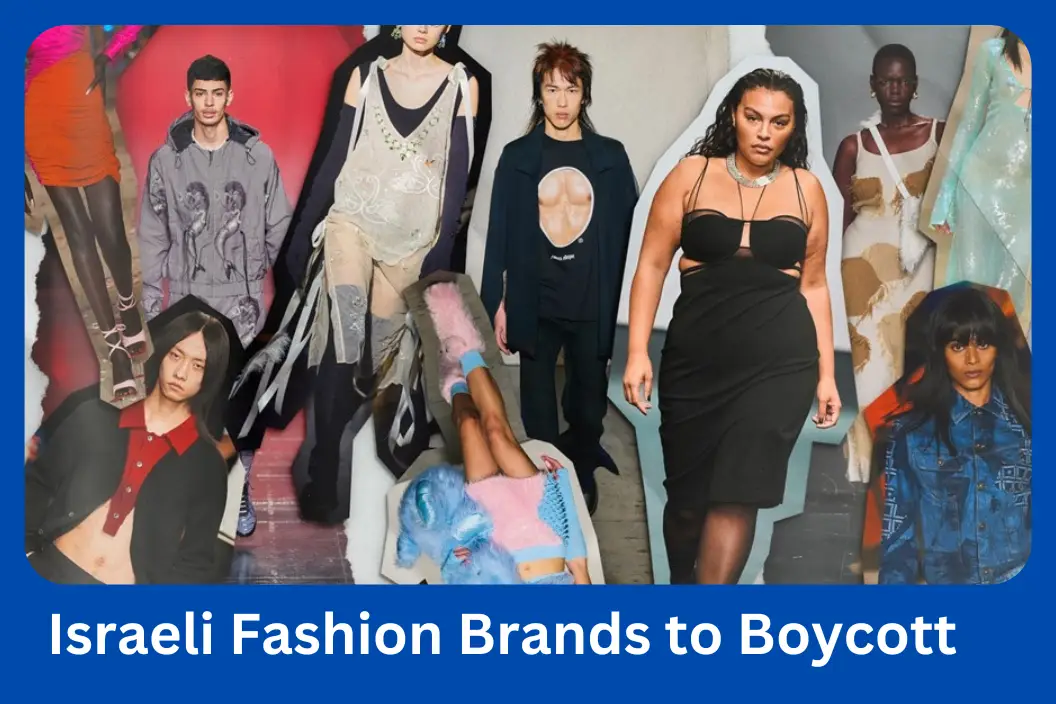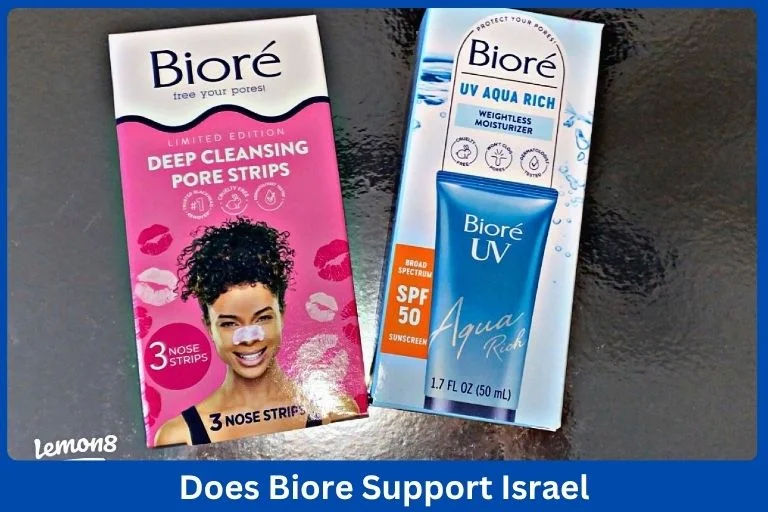Israeli Fashion Brands to Boycott In Muslims Countries
In recent years, there has been a growing trend of ethical consumerism in Muslim-majority countries, with people increasingly seeking to align their purchasing decisions with their cultural, social, and ethical values. One powerful way to make an impact is through boycotting Israeli fashion brands, as this choice can reflect solidarity with global justice movements and support for Palestinian rights. By being mindful of the brands you support, you can contribute to a more ethical and responsible fashion industry.
Israeli Fashion Brands to Boycott
Many Israeli and international fashion brands connected to Israeli policies have become focal points for ethical consumers. These brands may support Israeli policies in various ways, such as through donations, partnerships, or manufacturing operations in Israeli settlements. Here are a few major Israeli fashion brands to consider boycotting:
- Castro: A well-known Israeli brand that has faced criticism for its ties to Israel’s military and political actions.
- Renuar: Another Israeli fashion brand with reported involvement in supporting Israeli policies.
- Gali: Known for its clothing lines, this brand has been associated with funding Israeli settlements.

In addition, several global fashion brands may have business operations in Israel or collaborate with companies that support Israeli policies. Boycotting these brands can send a clear message of support for Palestinian rights.
Alternatives to Israeli Fashion Brands
For those who want to make ethical and culturally aligned choices, there are numerous alternatives to Israeli fashion brands. Many sustainable, fair-trade, and locally produced brands support Muslim values, offering stylish options without compromising on ethics. Consider the following alternatives:
- Dawoodi: A fashion brand dedicated to sustainable and ethically produced clothing for Muslim consumers.
- Modanisa: A well-known online platform offering modest fashion that aligns with ethical principles and supports Muslim communities globally.
- The Abaya House: Known for creating high-quality, ethically made abayas and modest wear with fair-trade practices in mind.
Supporting these brands not only aligns with your values but also promotes the growth of ethical and culturally conscious fashion markets.
How to Identify Ethical Fashion Brands
Identifying ethical fashion brands requires a bit of research, but it’s a rewarding effort. Here are some practical tips for spotting brands that align with ethical consumerism:
- Transparency: Ethical brands often share their supply chain information, including where and how their products are made.
- Certifications: Look for certifications such as Fair Trade, GOTS (Global Organic Textile Standard), or B Corp that indicate responsible practices.
- Sustainability Efforts: Ethical brands prioritize eco-friendly materials, minimal waste, and ethical labor practices.
Tools like ethical consumer guides, apps, and community-driven resources can also help you make more informed shopping decisions.
Summary
Ethical consumerism is important in shaping a better, more just world. By boycotting Israeli fashion brands that support harmful policies and instead supporting brands that align with your values, you make a significant impact. Explore alternative brands, educate others, and contribute to positive change by making values-driven shopping choices.







